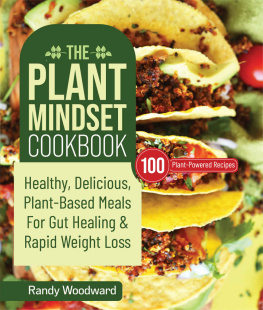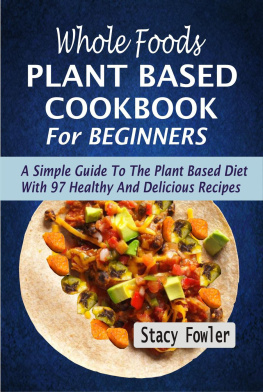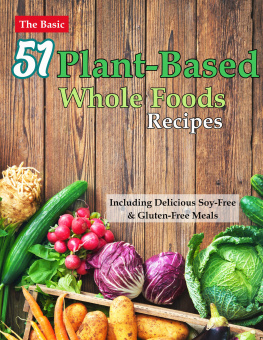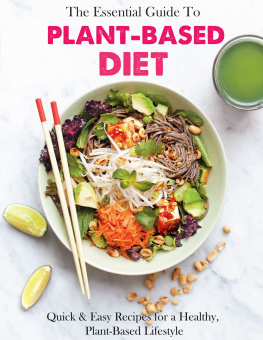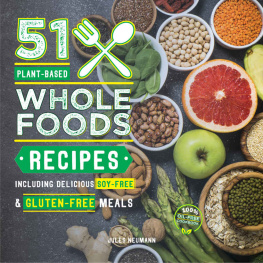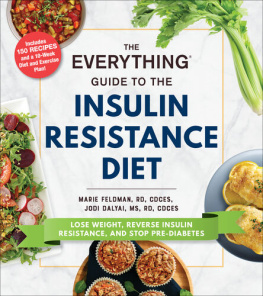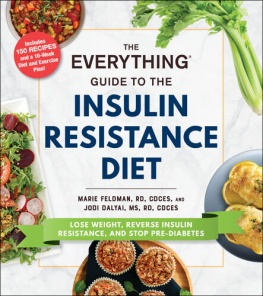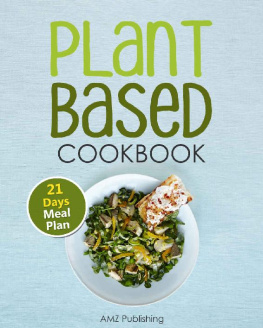Copyright 2022. Randy Woodward. All Rights Reserved.
No part of this book may be reproduced or transmitted in any form or by any means, electronic or mechanical, including photocopying, recording, or in any other form without written permission from the publisher.
Introduction
A plant-based diet is based on the notion of eating only foods derived from plants. There are two significant reasons why people switch to this eating habit overall. The first one is because they want to avoid animal products to take advantage of the physical and mental benefits. The second reason is to incorporate more fruits, vegetables, whole grains, and nuts into their daily food consumption.
Fruits, vegetables, beans, legumes, whole grains, oils, seeds, and nuts make up most plant-based diets. But poultry, dairy, seafood, and meat products can also be consumed in proper food portions and restrictions.
According to scientific evidence, people living a plant-based lifestyle have better physical and mental functions. They also have a lower chance of developing diseases like cancer, diabetes, cardiovascular disease, metabolic disorders, and weight problems.
While on psychological health, having a plant-based diet lowers your vulnerability to mental conditions such as anxiety and stress, depression, Alzheimer's disease, and ADHD.
Micro and macronutrients such as vitamins, minerals, carbohydrates, fats, and proteins are abundant plant-based ingredients. However, giving up your comfort foods and transitioning to a plant-based diet without the proper supervision could be very confusing.
This comprehensive book about plant-based diet contains your general guidelines, which will provide you with the groundwork of information you need for following this lifestyle. We will help you get started to successfully transition from your prepackaged meals to a plant-based food plan as smoothly as possible.
Do you want to slim down? Do you want to reduce your chances of contracting a serious disease? Do you want to use fewer medications? Are you willing to change your recent unhealthy food intake to a whole nutrition diet?
If you answered "YES" to all of these questions, you are ready to commit to a whole plant-based diet switchover!
Poor eating habits increase your chances of developing chronic diseases like cancer, diabetes, and heart disease. If you eat a plant-based diet, you will be less likely to fall victim to these major causes of death.
A plant-based diet is frequently promoted as the healthiest way to eat, and its benefits go far beyond weight loss and calorie reduction. Some nutrients, such as fiber, make you feel fuller for longer, so you do not constantly feel hungry or binge eat.
A global shift to a plant-based diet reduces environmental stressors like carbon footprints and greenhouse gases, which are emitted by food manufacturers. By replacing meat with plants, we can reduce carbon and other greenhouse gas emissions, potentially lowering the risk of climate change and increasing the sustainability of the environment.
Plant-based meals cost 40% less than meat and fish meals on average, and they also take a third less time to prepare. According to surveys, plant-based eaters spend $1 less per meal than meat-eaters.
Plant-based meals are easier to prepare and serve because they do not need to be fully cooked or simmered for an extended period. Unlike meat, which must be cooked thoroughly to be tender and juicy, plants (minced or chunked) can be directly added to your meal.
You don't switch to a plant-based diet for no reason. Even if you say you want to, knowing even the most minor reasons is highly recommended to determine if this diet is right for you.
It is best to conduct thorough research for your transition so that you are not easily misled by labels or information on the internet, leading you to incorrect methods of following a plant-based diet.
Consider foods that you believe could have plant-based alternatives, allowing you to eat your favorite meal with a plant as the main ingredient. For example:
Replace burgers with veggie burgers.
Vegetarian chili with beans instead of meat.
Make tacos with vegetables and beans that are free of dairy and meat.
Prepare pea soup without the addition of any meat, chicken, or beef broth.
Water is preferable to powdered juices, which are high in artificial food coloring and refined sugar. If you think water is boring, try making juice from fresh fruits or vegetables.
Encouraging them may be difficult because you believe some of your family members are difficult to please. But at the very least, try to convince them about the benefits of a plant-based diet. Who knows? They might be persuaded to switch to this lifestyle without your awareness.
The most delicious plant-based meals are made with the finest and freshest ingredients. That is why it is best to seek out high-quality foods from local farmers or grocery stores.
The food pyramid is a classic way to base your food plan when youre on a diet - especially a plant-based one. The best way to balance your diet is with a healthy selection of carbs, proteins, and fats. You'll have all the nutrients that are needed for optimal health!
Breakfast is the most important meal of the day, and it is best to eat oats and grains with fruits. These foods are high in carbohydrates and fiber, keeping you fuller for longer and making it easier to fuel the energy you will use all day.
Instead of rice, burgers, or anything heavy for lunch and dinner, a big bowl of salad is best because it helps reduce bloating, improves energy and sleep, reduces sugar cravings, and encourages eating more vegetables.
You can add fruits to your salad to avoid cravings for something sweet after eating. Salad is the best option if you want to feel satisfied and light.

Success Stories
One of the most enjoyable, heartwarming, and rewarding aspects of developing these plant-based guidelines has been seeing and hearing from people who have transformed their health by embracing a whole-food, plant-based lifestyle.
If you're looking for inspiration to stay committed to your health goals over time, many people have proven that a plant-based diet truly changed the core of their lifestyle. These success stories will get you even more motivated to switch to a plant-based diet without hesitation.
After a Cancer Diagnosis, My Family Switched to Plant-Based
"When Justin was diagnosed with thyroid cancer 3 years ago, it was a heartbreaking moment for our family as well as a wake-up call for us to reflect on our dietary habits.
We suffered from many illnesses such as severe obesity, apnea, chronic pain, eczema, and migraines. After Justin's successful thyroid operation and chemotherapy, we planned his recovery meticulously, and that's when we began our plant-based journey."
-Erin
The most complicated part of transitioning to a plant-based diet for Justin's wife Erin was adjusting and discovering the right food tastes. Although it was a tough challenge for the family, they eliminated forbidden ingredients from their diets, such as dairy, oil, and meat.
They started including more whole foods and plants in their meals. The final stage of the transition, according to Erin, is teaching their children how to prepare entire plant-based lunches at school. The family's overall growth took 3 months.
Instead of blaming yourself for your previous habits and getting sick as a result, we believe there's no need for that because there's more time to ponder.

